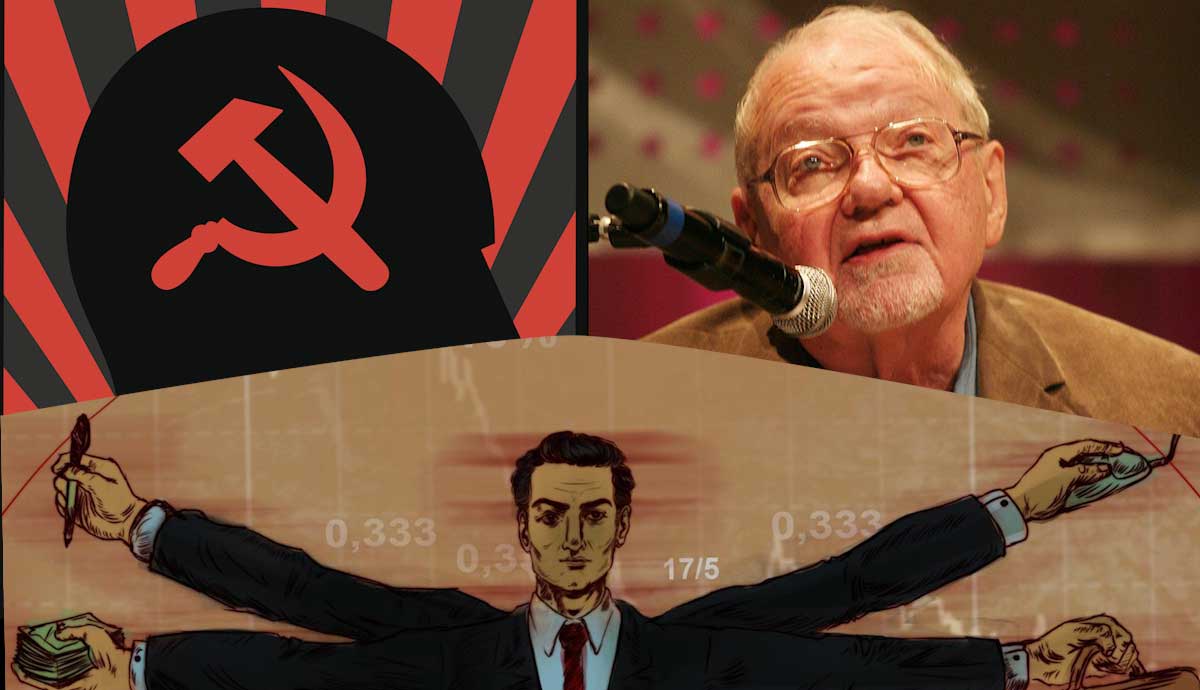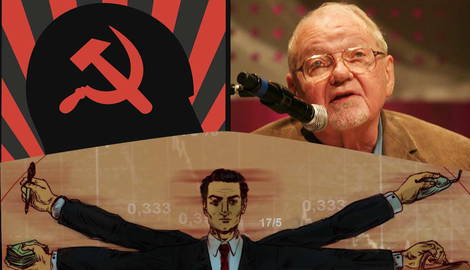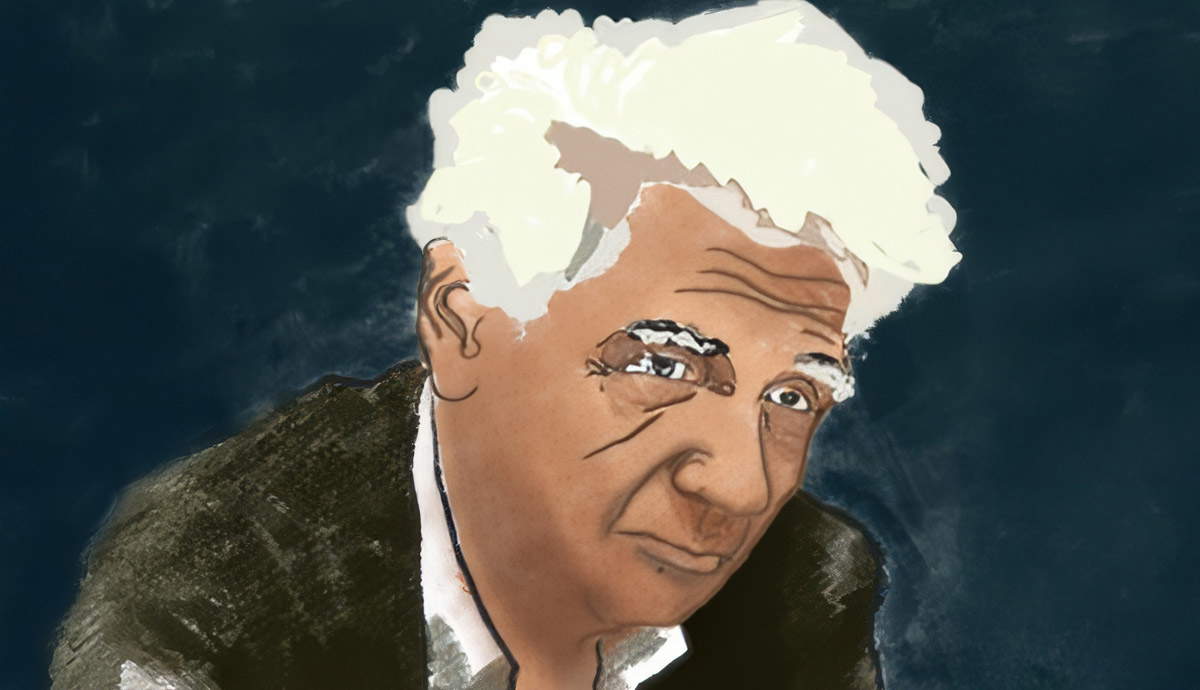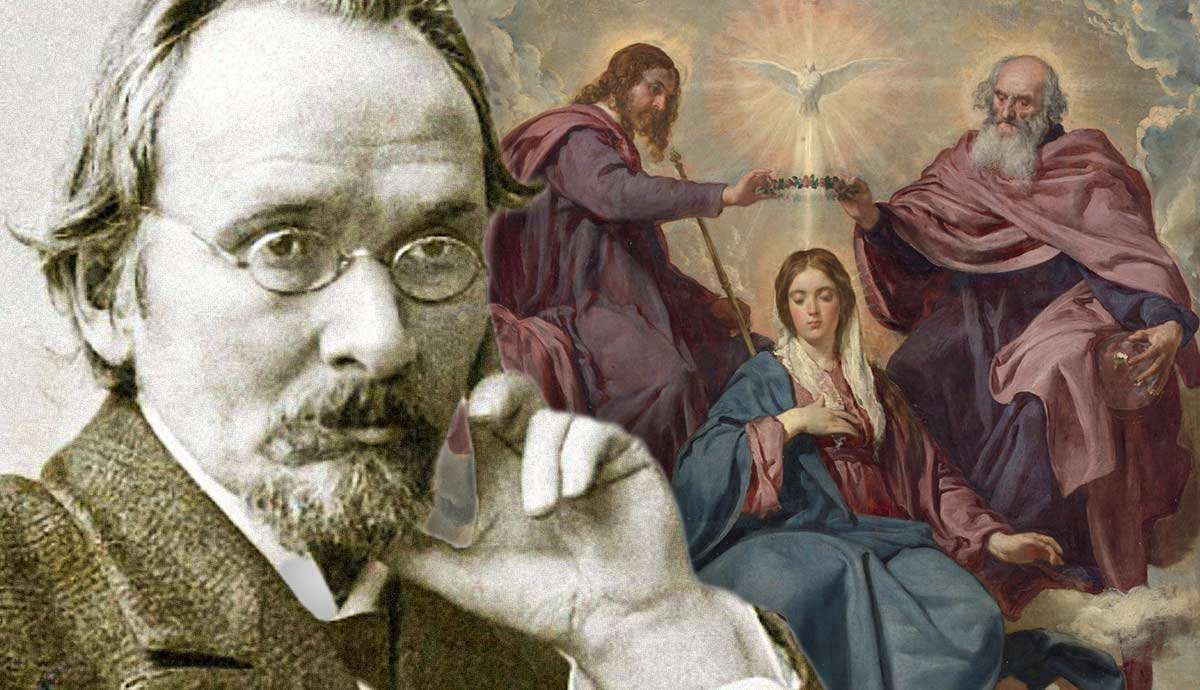
How can Marxism be applied to the analysis of cultural objects, and how does Fredric Jameson relate cultural criticism to political, economic, and social analysis? This article focuses on some of the major themes of Jameson’s work. It begins with a discussion of his relationship to Karl Marx’s work, and what Jameson’s debt to Marx is. It then moves on to discuss Jameson’s analysis of postmodernism, the significance of the term “late capitalism” in his work, Jameson’s theory of history, and the relationship between his theory of time and utopia. We will also consider some critical responses to Jameson, along with reasons why his work is so powerful and appealing to scholars in various fields today.
Karl Marx and Fredric Jameson

Karl Marx was, first and foremost, an economist. His theories can be understood most naturally as economic in parts, historical in others, with a distinct philosophical pre-history and political implications. His theory is not, for the most part, a cultural theory (although Marx does say some things about culture directly).
Yet one of the most prominent contemporary Marxists is a cultural critic, who deploys Marx’s work primarily as an interpretative framework for understanding literature, film, architecture, and culture as a whole. Indeed, Fredric Jameson is well known for the sheer breadth of his interests, and therefore the wide application he finds for Marx’s theories often goes far beyond what even Marx might have envisaged.

For Jameson, Marxism is the first and most fundamental framework for interpretation, and, therefore, for cultural criticism as such. Jameson’s work is famously difficult, and Jameson himself is known for his exceptional erudition. The implications of this for an ideology, like Marxism, which has aspirations to mass appeal, seem rather grim.
That Marxism’s most ardent advocates are those who teach and study at elite universities is either a sign of its irremediable decline, or that it is an ideology in need of just the kind of close intellectual attention that it is being given; that is, if it is to provide its own set of answers to the problems of the 21st century.
On Postmodernism

Jameson is well known for his analysis of postmodernism, a term which is and remains famously ambiguous, yet unavoidable as a description of the changes that manifested in art, culture, and politics since (roughly) the end of the 1960s.
Jameson’s definition of post-modernism in his essay Postmodernism, or the Cultural Logic of Late Capitalism, is one of the most famous and (by many accounts) most successful attempts to say just what Postmodernism is.
For Jameson, Postmodernism is, among other things, characterized by the erosion of the distinction between high and low culture (between, for instance, classical music and pop music as far as they are objects of criticism and to be understood as elements of culture, as art), and a concurrent love of miscellany, pastiche.
The dominance of the visual is another tendency of Postmodernism, an observation which Jameson might owe to Walter Benjamin (whose work Jameson was very interested in), along with a related sense of cultural amnesia, and resistance to periodization, which Jameson felt to be a mistake.
Late Capitalism

The term “late capitalism” used in the title of Jameson’s essay has proven to be extremely influential, yet is easily misunderstood. It is not a term of Jameson’s own coinage (it was first used by Ernest Mandel, a Belgian economist and activist).
It is often taken to mean something like “the latter stages of capitalism,” implying that the end of capitalism is near. In fact, for Mandel, it simply meant capitalism “of late” (that is, recently). Similarly, for Jameson, the term is not intended to suggest that capitalism is at death’s door. In fact, it means almost exactly the opposite.
For Jameson, postmodernism is the cultural equivalent of developments in the global political economy. These developments included the obvious weakening of Communist nations in their resolve against the West (the essay was published in the mid-1980s, early enough to see that Communism was probably in trouble), the integration of an ever wider segment into the global market, and the end to traditional, feudal hierarchies in Europe in place of new, economically determined forms of hierarchy.
All of these developments have contributed to what Jameson sees as the unification of history—the inauguration of a single, capitalist world history of which everyone is a part. Yet the association between the term “late capitalism” and a certain kind of confidence in Marxism’s inevitability is not totally misplaced. For Jameson, the strengthening of capitalism simultaneously reveals the possibility of strengthening Marxism, for the unification of history is a precondition of thinking Marxism as such.
Postmodernity and History

Despite all this talk of our participation in a single history, it is also characteristic of the Postmodern condition that history—or our perception of history—has been warped and flattened.
For Jameson, the distinction between “historical time”—the scale on which our lives are a part of historical periods, which are themselves always in succession, always creating yet more extensive narratives and continuities—and “existential time”—time as we experience it—has been corroded. More specifically, existential time has overrun the space of historical time. We are incapable of thinking historically, progressively, in succession. Our only frame of reference is the moment, and the distant future. We have lost our ability to draw the connection between the two.
Jameson’s conception of history goes some way to explaining how it is that the objective novelty of our way of living—the extreme importance of technology and automatism in our working lives, for instance—has not prompted the kind of radical political reorganizations one might have expected fifty or so years ago. All of this also provides the necessary context for one of the most distinctive features of Jameson’s work—his utopianism.

For Jameson, all the traditional weaknesses of this way of thinking about politics have, in the present moment, become its strengths. Those weaknesses include its failure to account for the agency which will bring about utopian changes, and the failure to account for how transitions between political modes might actually take place.
The failure to think historically means that it is only a conception of the distant future that can orientate us in any particular political direction. Utopianism as a way of thinking about politics was and remains deeply controversial. Certainly, the idea of taking big, orientating political goals in order to ward off the temptation of justifying a lack of theoretical ambition with the perceived constraints of practicality or pragmatism has its appeal.
Politics, Utopia, and Cultural Marxism According to Jameson

Nonetheless, we might want to query the apparent impossibility of articulating transitions from one political state to another. Is it really no longer possible, or does it require new ways of organizing our theoretical projects? If it is impossible, and so whatever political ideal we pursue cannot be related to any particular steps we might take in pursuit of it, what good does the utopian ideal do us?
Jameson’s approach to theorising culture is marked by what he calls totalization. Totalization is the intellectual exercise of understanding whichever cultural artifact is under discussion as a product of the total historical and social ties which led to its creation. Totalization can be understood, at least in part, as a response to the developments in culture which reflect developments in political economy. The tendency which Jameson identifies for culture to be conceived of as a mass of specialized, atomized artifacts represents for him another correlation between culture and economy.

Just like in the realm of production labor is divided, and specialization becomes more and more particular, so too in intellectual and cultural life. Yet at the same time, various other lines are blurred—that between a genuine work of art and mass-produced pap, for instance.
This can also be understood in economic terms—the untethering of capital from any material correlation, the ever-sharper distinction which must be drawn between use value and exchange value. There isn’t space to explain these economic developments in detail, beyond saying that they represent the more fantastic elements of capitalism—those in which the machinations of capitalism are untethered from anything in particular being produced.
Jameson does not understand his work as an attempt to draw artificial parallels between different areas of life. Rather, the way in which Jameson draws the relationships between culture and economy represents his conviction that our social world is a seamless whole already, and that he is drawing links between elements of it which were, in the last analysis, “never separate from one another” in the first place.










